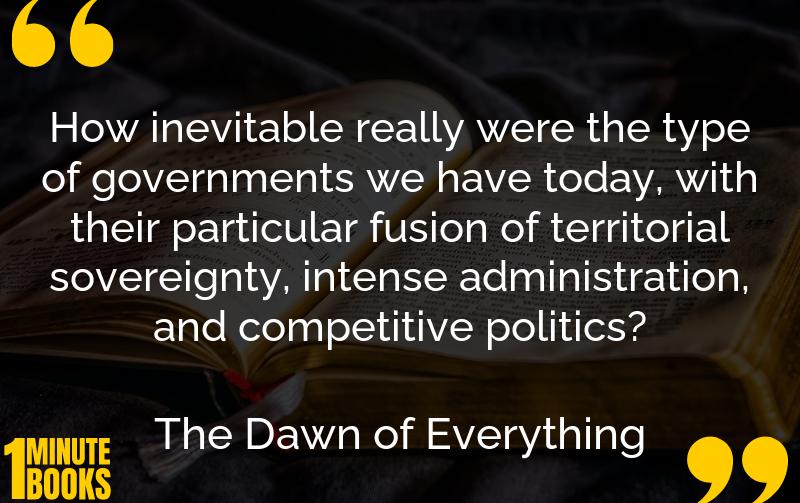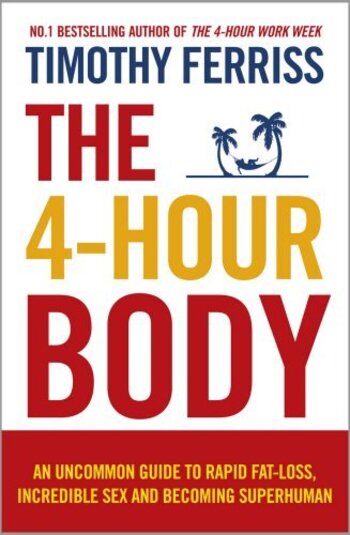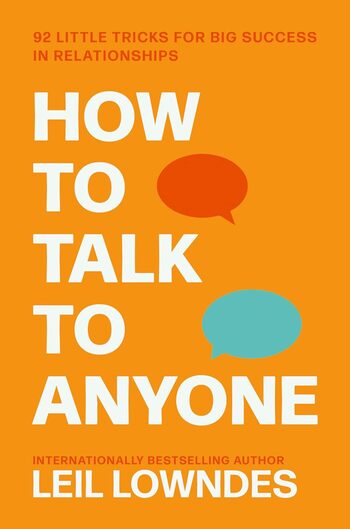
The Dawn of Everything explores humanity’s journey from hunter-gatherers to city builders, challenging conventional narratives of societal development with new scientific discoveries.
Main Lessons
- The philosophical views of Rousseau and Hobbes shaped early perceptions of human societal evolution.
- Slavery, necessary for labor in post-Black Death Europe, was controversial but sustained by economic demands.
- Monarchies used violence, control of information, and charisma to maintain power and influence over people.
- Societal progression is not linear; history shows a mix of advancements and regressions.
- Human societies developed diverse structures; not all followed a single path, contradicting linear historic views.
- Philosophical debates during the Enlightenment period greatly influenced modern societal structures.
- Communal lifestyles observed in some indigenous societies offered Europeans an alternative societal model.
- The idea of private property was not universal; communal living was viable in some societies.
- Historical narratives often overlook societies that didn’t follow the traditional agricultural and city-building path.
- Modern thinkers challenge the belief that civilization must evolve in a specific direction.
- Power dynamics in monarchies were often sustained by strategic use of personal charisma.
- Control over information was crucial for rulers to cement their legacy and justify their reign.
- The threat or use of violence was a fundamental tool for early monarchs to enforce policies and maintain order.
- There is merit in reevaluating historical progress to understand alternative pathways and societal arrangements.
- Societal evolution theories are evolving, highlighting more diverse and complex human histories.








